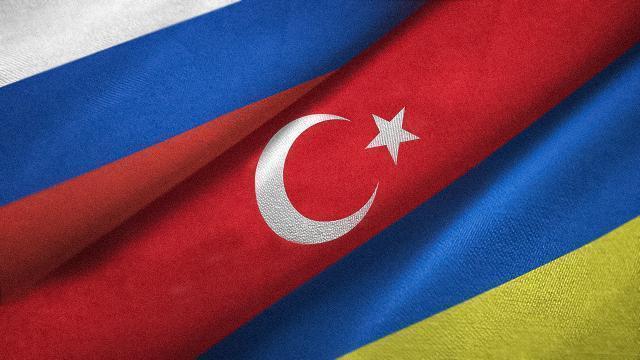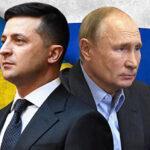BY PROFESSOR ILTER TURAN
Since the beginning of the Russian invasion of Ukraine, countries affected by the Russian military action have tried to evaluate its implications. As the invasion has progressed, the West (the U.S., members of NATO, and the EU) have introduced an escalating series of mainly economic sanctions. These sanctions have increased the burdens that Russia has to bear while also impacting those that introduced them, rendering it difficult to make momentary analyses of the effects of the war. Nevertheless, some temporary observations are not difficult to make.
Starting with security, Russia has again become a major security concern for Europe. While we have already seen that Russia has managed to alert the West to the security risks they face, the outcome this change will produce is not yet clear. NATO has become more important as a defense organization and EU members have realized that they have to make more sustained efforts to act together to ensure their security and have a greater say in world politics. Similarly, the U.S. now appreciates that it cannot simply withdraw from Europe and concentrate its energies on containing China in the Pacific. But in the medium to long run, many questions remain unaddressed.
Two questions will require special attention. First, how will Germany’s decision to assume a larger military role in NATO and European defense affect the EU itself ? This is particularly important because the French have so far tried to compensate for their economic insufficiencies by pretending to be the EU’s leading security provider, thereby claiming equal standing with Germany. Asked more openly, will the French be able to accept a Europe in which Germany leads not only in the economic but also in the security domain? Second, what will the relationship between NATO and the EU be in European defense? The two European members of NATO with the highest military capabilities, Great Britain and Turkey, are not EU members, while some EU members are not members of NATO. The question is complicated by the fact that Turkey has many problems in its relations with the EU. Cyprus stands out as the most critical problem standing in the way of closer cooperation between NATO and the EU. The EU brought the problem onto itself by accepting, against its principles, Cyprus as a member without awaiting the conclusion of its unsolved problems with neighbors, including both Turkey and the Turkish State of Northern Cyprus. I would judge that the problem will remain unsolved but EU members will continue to rely mainly on NATO for their security. In any case, some EU members continue to feel that the defense of Western Europe is not possible without American backing.
Turning to economics, it has become clear that the West will work hard to reduce its energy dependency on Russia. Such a change takes time but this concern will be a guiding motive in how the West seeks to meet its future energy needs. The enthusiasm for reducing energy dependency may temper if a peace formula is found soon, but it will not go away. The reluctance to import commodities from Russia will inevitably spread into other areas, including metals, lumber, and major staples like grains, oily seeds, and oil. An equally important question is whether Russia will be considered an unreliable destination for western investments. A large number of western companies have terminated their Russian operations and suspended plans for future investments. Will they come back after the conflict comes to an end? I am inclined to think that there will be a general lack of desire to return quickly since many companies have taken considerable losses and would like to make sure that Russia has changed sufficiently before they risk making similar future losses. There is, of course, the opposite question as to how welcoming Russia would be to western capital after much of it has readily joined the implementation of economic sanctions.
Finally, we might wonder whether the new realignment presents a window of opportunity for Turkey to rebuild its ties with the West, the U.S., and the EU. The Russian invasion has once again rendered Turkey a critical partner in Western defense. It is not yet clear that this is going to change the general direction of its increasingly transactional relations with the West. Whether Turkey will become fully reintegrated into Western institutions and the security community, perhaps replacing Russia as an economic center, will depend on two factors: Turkey ’s normalization of relations with countries of the region and its working toward domestic political change that gives primacy to the rule of law, human rights, and democratic governance. Otherwise, it is not a given that the war in Ukraine will open a window of opportunity for Turkey.










